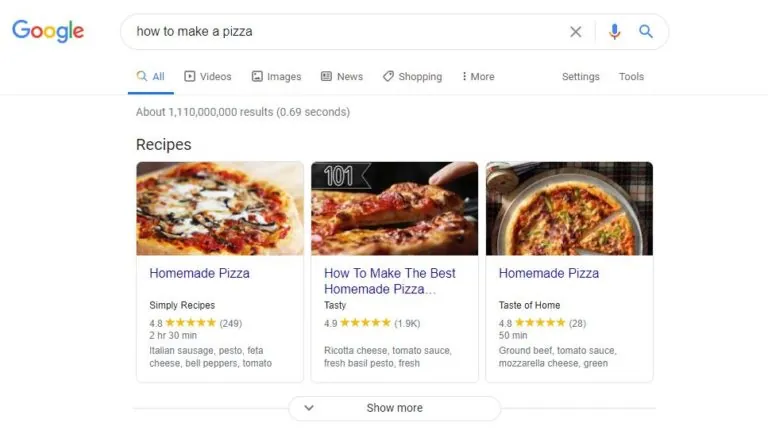The world of SEO and digital marketing can seem like it’s a job too large to ever be conquered. Ranking in search engines is hard, and you may feel discouraged due to the variety of searches that happen everyday. How can we be sure to rank and increase traffic if Internet searches are so varied and unpredictable? Well, the Internet is not as much of a place of coincidence as it may seem.
SEO experts and digital marketers use the idea of “search intent” to map out the major kinds of engine searches. Search Intent, as it may sound, is the end goal of a search result, essentially the “why?” of any search query. And, as complex as the search engine world may seem, almost every search falls into one of the three categories of search intent: informational, transactional, and navigational. Let’s look at each of these in a little more detail.
The first kind of search intent is informational search intent. At its core, informational search intent is exactly what it sounds like: a search intent that gathers information. It’s the way that people gain information about a subject, or in the case of a local business, a problem that needs to get solved. I’ll use the example of pizza (because let’s face it, we’ve all made a pizza related search).
This is an informational search example. I searched “how to make a pizza”, and what I got had nothing to do with landing a deal or visiting a business. I was given information about the query, which in this case, was in the form of several recipes.
Usually a good way to determine if your search intent is informational is by the presence of this “People also ask” box. This commonly appears in informational search intent and gives users another place to gather additional information if necessary, all without taking you off the Search Engine Results Page (SERP).
The next kind of search intent is transactional. Once again, this one does exactly what it sounds like it does. Transactional search intent applies to searches that attempt to land a sale directly from the search. These usually include things like sponsored content and links to e-commerce websites like Amazon or E-Bay.
Sticking with the pizza theme, this is an example of transactional search intent. I looked up “pizza maker”, since I wanted to purchase one (well, I don’t because I can’t cook). The results on the SERP, as you can see, are products that I am being encouraged to buy directly from a sponsored ad. No information, no attempt to get me to peruse a website. Just products.
After scrolling down farther, you’ll see that within this search, the web results that come up are also predominantly product based.
The final kind of search intent is navigational search intent, and it is arguably the most important for local businesses. Customers use navigational search intent when they want a search query to direct them to a physical location or a branded interaction with a website or listing. This is for people who are looking for somewhere to go or a specific location on the internet. These searches almost always produce local pack results, which are the 3+ results that show up via Google Maps.
This is the pizza version of navigational search intent. As you can see, my search “pizza near me” was made with the intention of making a branded interaction, whether that means calling one of these pizza places or visiting one of these stores (shoutout to Louie’s pizza for being amazing).
So the follow up question may be, “why does any of this matter?” Well, it does, for starters. SEO is based completely on search engines and their habits, so we use search intent to determine how to rank search terms for your business.
For example, if you owned a pizza blog that produced revenue off of site advertising and merchandise sales – you wouldn’t have much of a need to rank in things like navigational search intent (you don’t have a location except on the Internet). SEO experts, and us here at Searchalytics, use search intent to develop SEO strategies and make sure your business shows up in the right places where people would look for it!
Get Search Engines to Work For You
Specializing in search engine marketing and growing your online presence.
Let Us Grow Your Business








